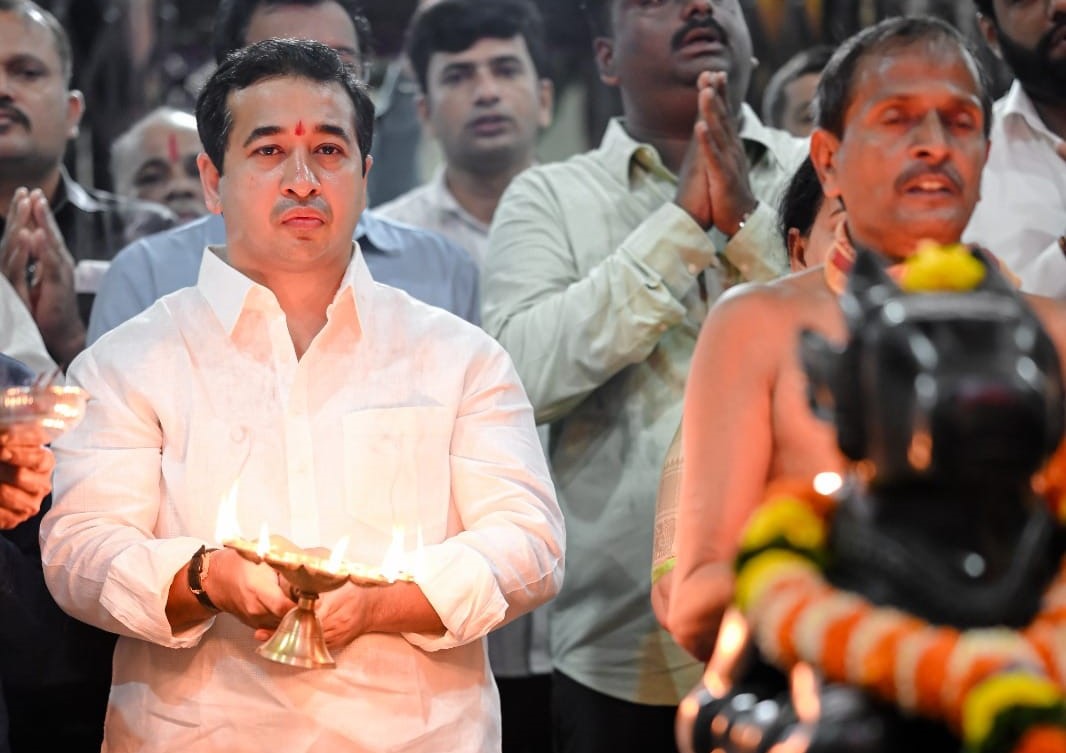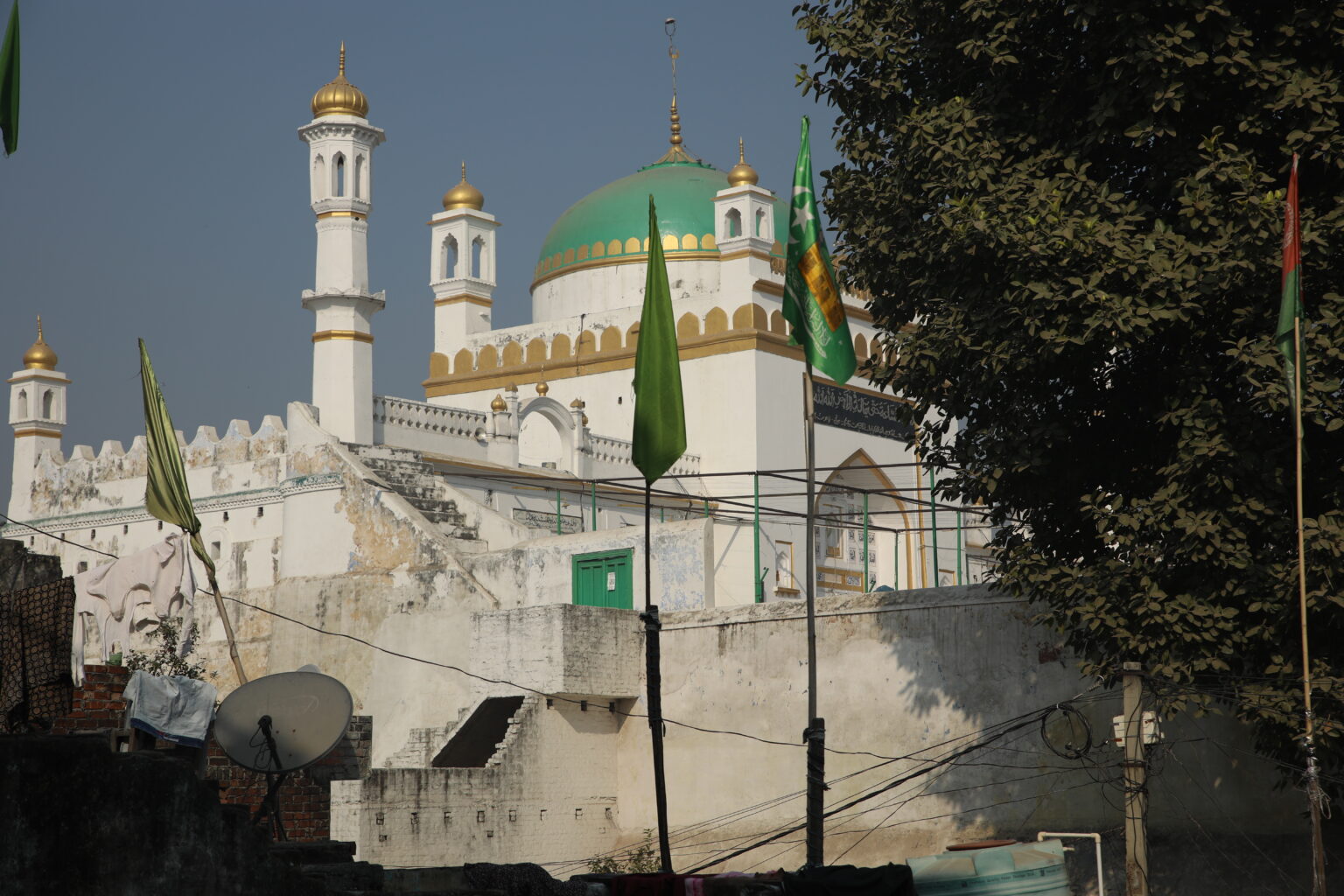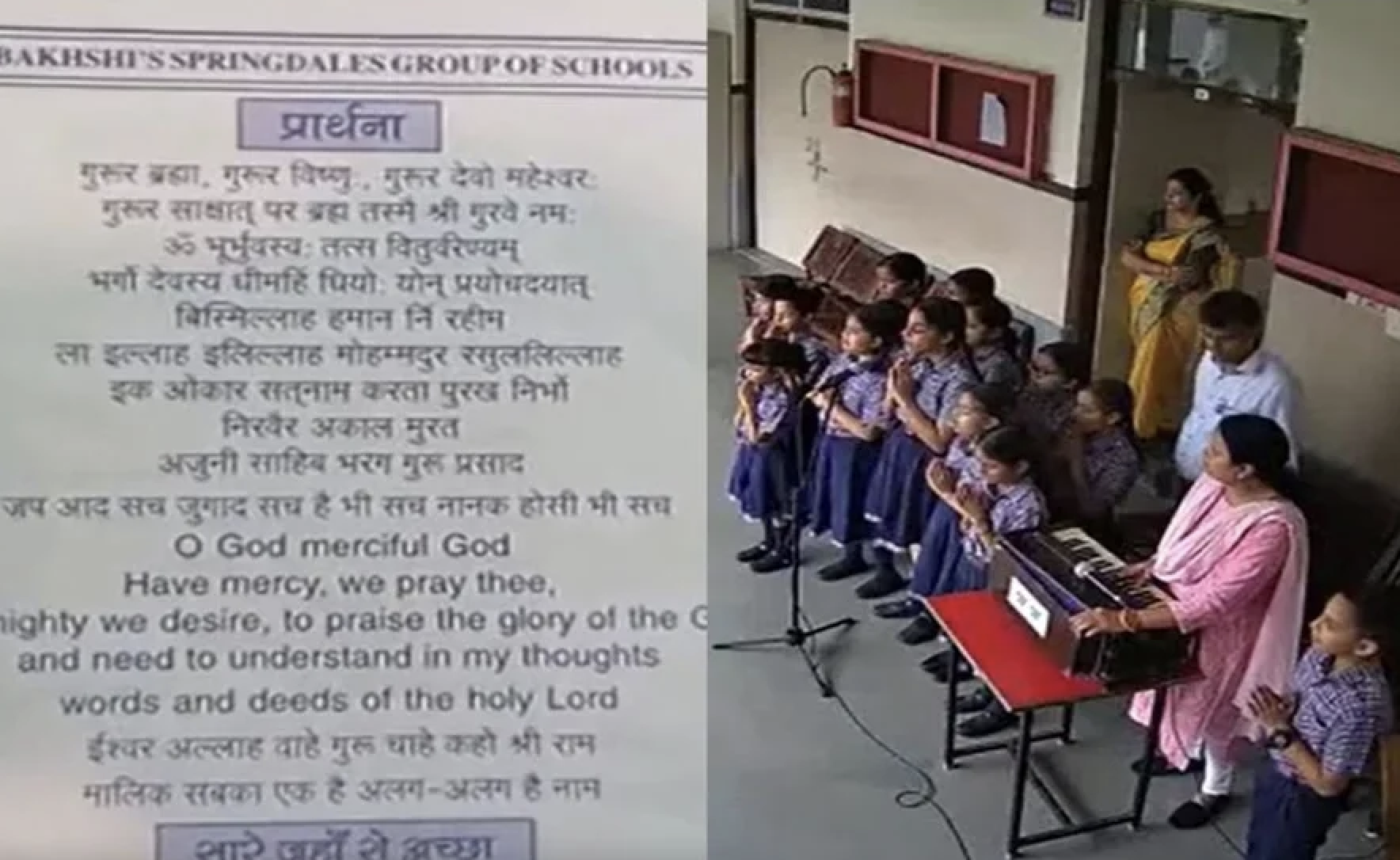
When the US state department recently told a court that the Saudi Arabian crown prince, Mohammed bin Salman, should have immunity in a lawsuit over the murder of the journalist Jamal Khashoggi, it portrayed its argument as a legal and not moral position. By way of evidence, it pointed to a rogues’ gallery of foreign leaders previously afforded similar protection. Nestling between Zimbabwe’s Robert Mugabe, who, it was claimed, assassinated political rivals, and Congo’s Joseph Kabila, whose security detail was accused of assaulting protesters in Washington, was India’s Narendra Modi.
Dropping Mr Modi into such a list was no accident. It is a reminder that while New Delhi basks in its diplomatic success at recent G20 and Cop27 summits, it might find the international environment less accommodating if Mr Modi and his Hindu nationalist Bharatiya Janata party (BJP) continue to stir up hatred to win elections. Washington’s gesture suggests that its strategic partnership with India cannot be completely insulated from domestic political issues. Mr Modi’s failure, as chief minister of Gujarat, to prevent anti-Muslim riots in 2002 that left hundreds dead saw him denied a US visa, until he became Indian prime minister. The message from Foggy Bottom was that the ban had not been withdrawn, but suspended, because Mr Modi ran a country that Washington wanted to do business with.
India is considered a geopolitical counterweight to China and, in many ways, an indispensable actor on the world stage. But Mr Biden’s team appears to see the position as more contingent, and will be less tolerant than the Trump administration of Mr Modi’s attempts to remould Indian democracy so that Hindus become constitutionally pre-eminent, with minorities reduced to second-class citizens. Last week, the US Commission on International Religious Freedom accused New Delhi of a “crackdown on civil society and dissent”, and “religious freedom violations”. The Indian foreign ministry hit back at “biased and inaccurate observations”. Officials would do better to reflect on where their country is going.
This story was originally published in theguardian.com . Read the full story here






